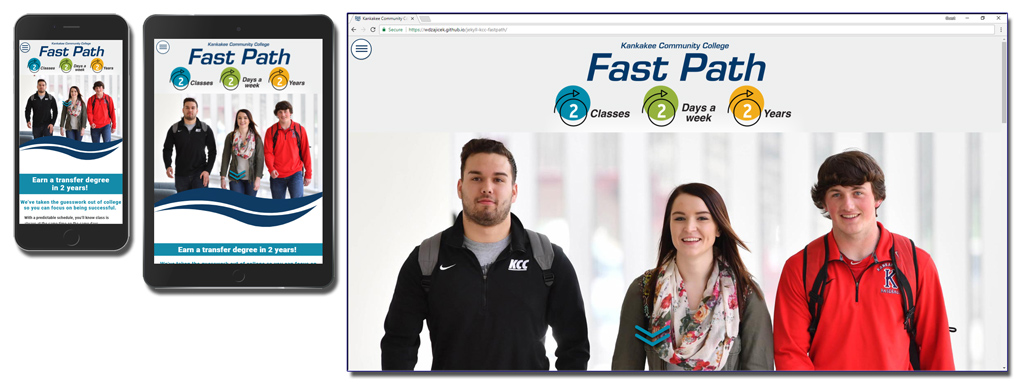Adapted from ShakyShane's jekyll-gulp-sass-browser-sync starter project. He did the initial setup for Jekyll, GulpJS, SASS, AutoPrefixer & BrowserSync. I added gulp-cssmin and modified the gulpfile.js to create 2 versions of the css style sheet: main.css and the style sheet the production-site links to main.min.css
ShakyShane - https://github.com/shakyShane ShakyShane's jekyll-gulp-sass-browser-sync repo - https://github.com/shakyShane/jekyll-gulp-sass-browser-sync
To use this starter project, you'll need the following things installed on your machine.
- Jekyll -
$ gem install jekyll - NodeJS - use the installer.
- GulpJS -
$ npm install -g gulp(mac users may need sudo) - gulp-cssmin - install node_module with
$ npm install --save-dev gulp-cssmin
- Clone this repo, or download it into a directory of your choice.
- Inside the directory, run
npm install.
development mode
This will give you file watching, browser synchronisation, auto-rebuild, CSS injecting etc etc.
$ gulpjekyll
As this is just a Jekyll project, you can use any of the commands listed in their docs
You can easily deploy your site build to a gh-pages branch. First, follow the instructions at gulp-gh-pages to get your branch prepared for the deployment and to install the module. Then, in gulpfile.js you'll want to include something like the code below. gulp.src() needs to be the path to your final site folder, which by default will be _site. If you change the destination in your _config.yml file, be sure to reflect that in your gulpfile.
